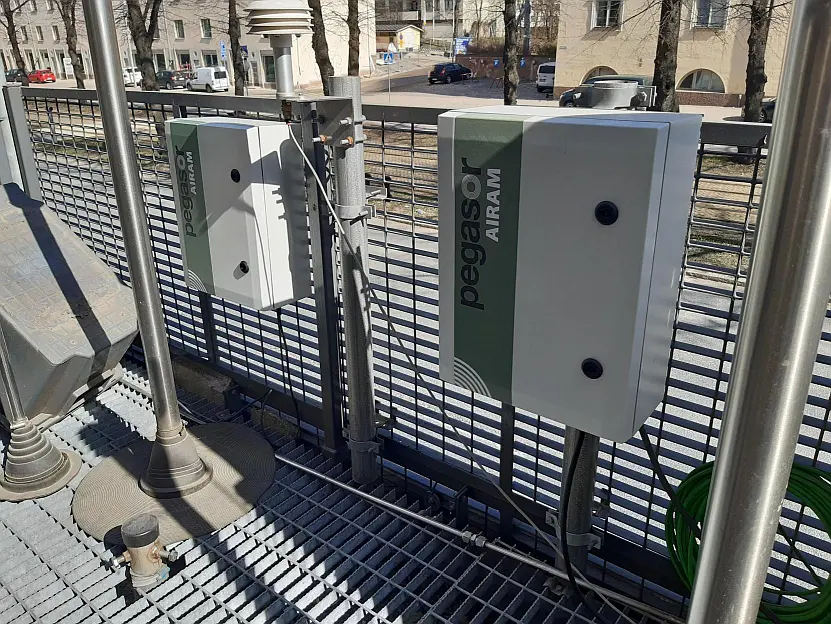Ultrafine Particle Monitoring in Urban Air
Urban air contains a lot more than meets the eye. Ultrafine particles (UFPs) – particles smaller than 100 nanometers – are especially important to measure because of their strong link to health impacts, especially in busy cities with traffic, industry, or dense populations.
These particles are small enough to reach deep into the lungs and even enter the bloodstream, but traditional PM₁₀ and PM₂.₅ measurements don’t tell the full story. That’s why there’s now growing demand — and regulation — around monitoring UFPs specifically.
Why ultrafine particles matter
The new EU Ambient Air Quality Directive (2024/2881) and WHO air quality guidelines are placing more focus on UFPs, including metrics like particle number (PN) and lung-deposited surface area (LDSA). This is good news — better data means better decisions when it comes to public health.
Main sources of UFPs in urban areas include:
- Vehicle emissions
- Heating and energy production
- Industry
- Airports and harbors
If you’re working with city planning, research, or environmental policy, this type of monitoring is becoming essential.
Pegasor solutions for UFP monitoring
We at Pegasor have been focused on ultrafine particle measurement from the very beginning. Our solutions are designed to give real-time, accurate data, even in tough conditions.
✅ Pegasor Airam
A compact and connected instrument for long-term UFP monitoring in urban environments. Key features include:
- Continuous measurement of PN, LDSA and Particle size
- Remote access via the Pegasor Cloud Portal
- Built for integration with other air quality systems
✅ Pegasor PPS-G2
Our core sensor technology, used in a wide range of applications from scientific research to mobile measurement setups. Known for:
- High accuracy
- Quick response
- Long-term stability in field conditions
Where Pegasor Technology is used
Our technology is designed to be used in:
- Urban air quality networks
- Traffic emission studies
- Roadside and near-road monitoring
- Health and exposure research
- Smart city and environmental planning
- Mobile labs and container systems
If you need to monitor ultrafine particles continuously and reliably — whether at street level or across a city — we’ve got solutions that work.
Get started with monitoring today
As new air quality regulations roll out, many cities and countries are now preparing to include UFP monitoring in their long-term planning. Pegasor solutions are ready today for what’s coming tomorrow.
Want to learn more about how Pegasor technology can support your air quality monitoring needs? Get in touch or explore our products to see how we can help.
More information:
Pegasor – solutions for UFP monitoring at airports
World Health Organization (WHO):
- WHO’s general information on air quality and health: WHO Air Quality
- WHO’s publications on air quality guidelines: WHO Air Quality Guidelines
- WHO’s videos on UFPs: WHO UFP monitoring
European Union (EU):
- EU’s air quality standards and policies: EU Air Quality Standards
- EU Air Quality Directive 2024/2881
- European Environment Agency’s reports: EEA Reports
